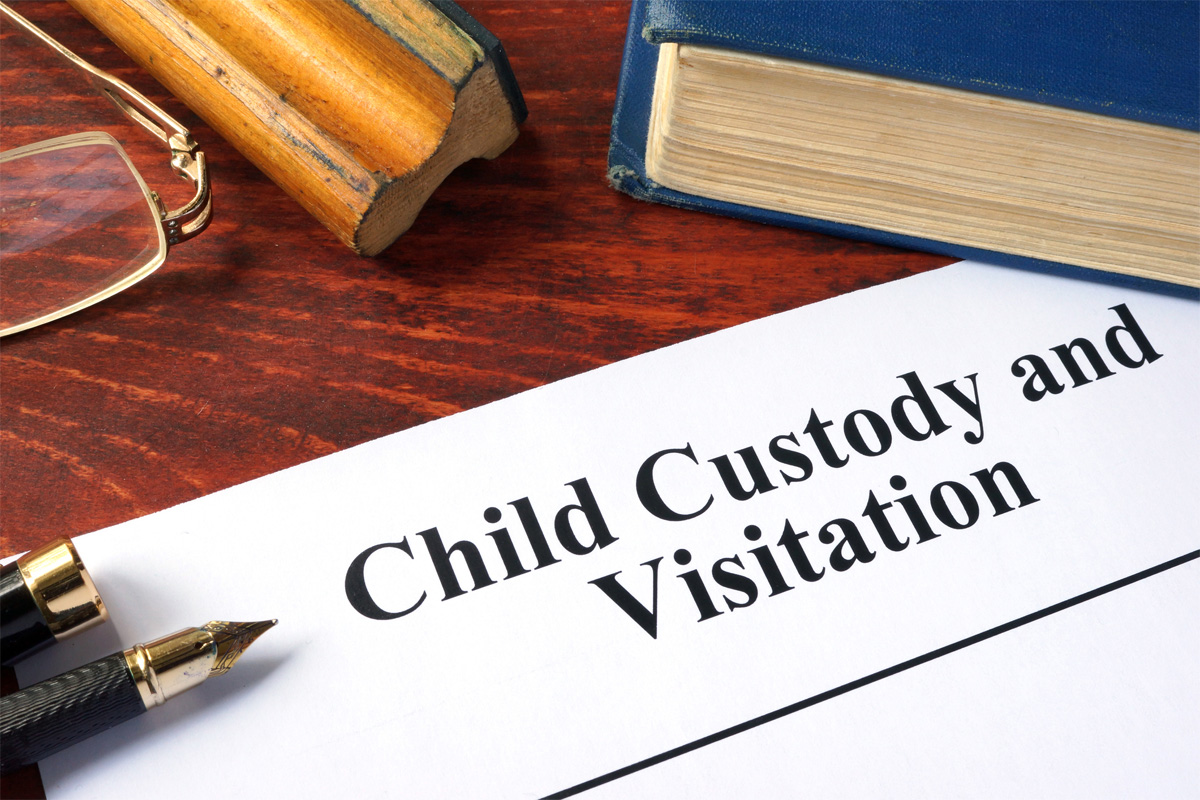
We are sending holiday cheer to you in the hopes that you and your family have a very Merry Christmas and a healthy New Year.
As we look forward to 2022 we humbly pray that the new year brings a new sense of peace and joy as we enter the new year ready for a return to normalcy and prosperity.
Merry Christmas & Happy New Year



 Your marriage is irretrievably broken and
Your marriage is irretrievably broken and  In the state of New Jersey, alimony may be awarded in a
In the state of New Jersey, alimony may be awarded in a  When you file for
When you file for  In a New Jersey
In a New Jersey  In a divorce proceeding where there are minor children in the home, one of the most difficult decisions can be determination of
In a divorce proceeding where there are minor children in the home, one of the most difficult decisions can be determination of  Though all 50 states have adopted some form of no-fault
Though all 50 states have adopted some form of no-fault  In divorce proceedings where there are minor children involved,
In divorce proceedings where there are minor children involved,  In the state of New Jersey, when you file for
In the state of New Jersey, when you file for  In New Jersey, as in all states, courts must consider the “best interests of the child” when making decisions about physical
In New Jersey, as in all states, courts must consider the “best interests of the child” when making decisions about physical 